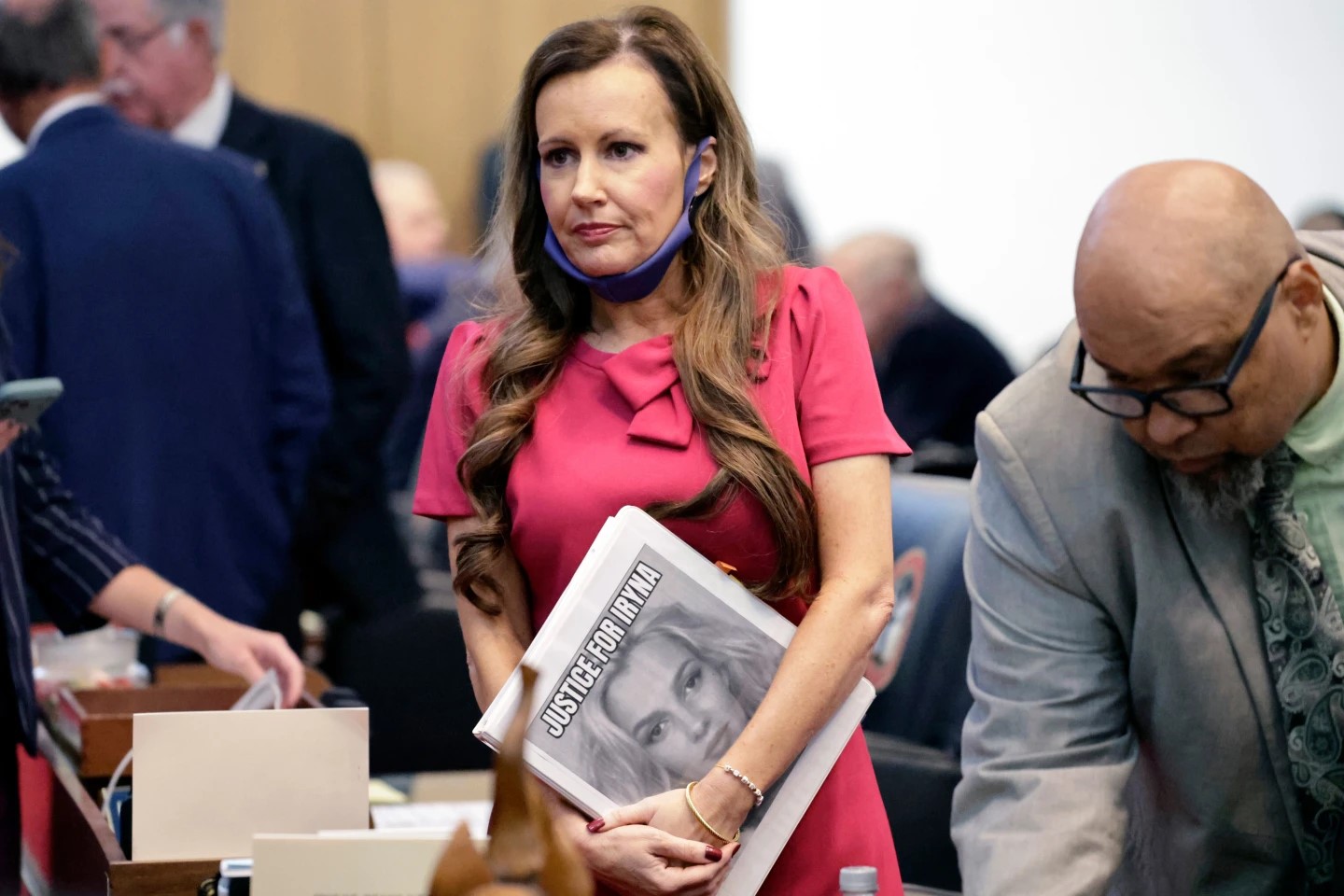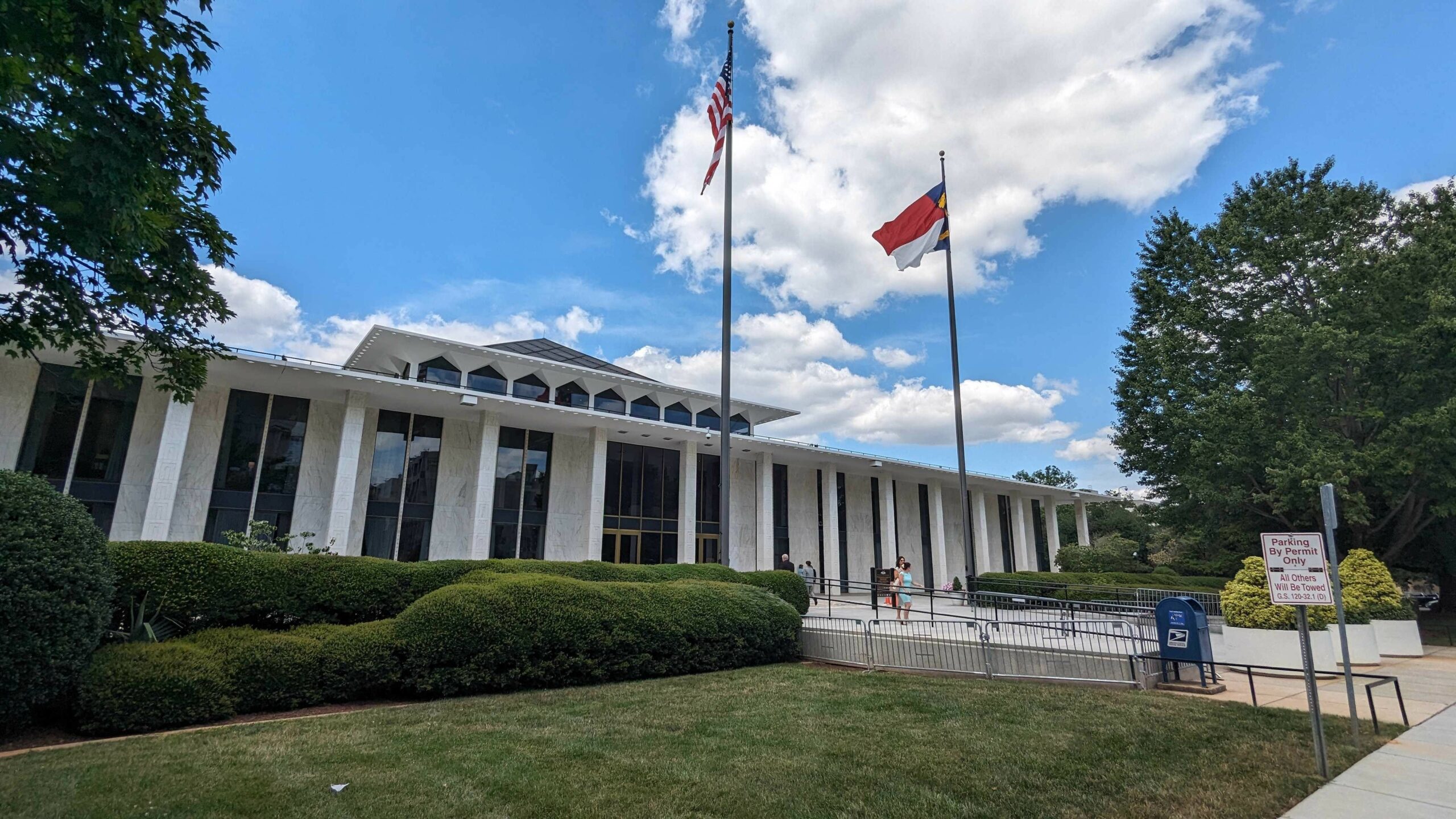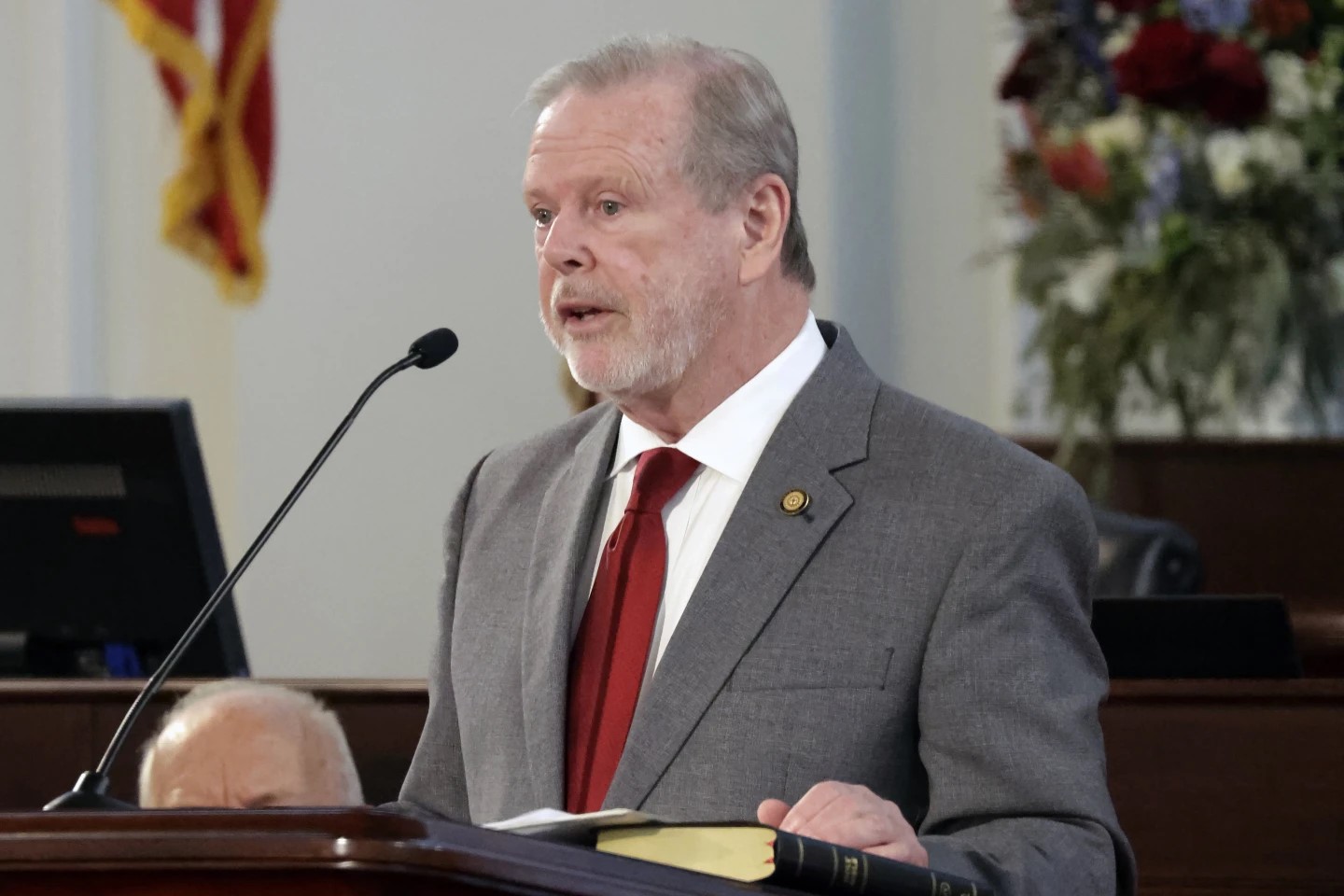A retired campaign reform group leader filed an ethics complaint on Wednesday alleging that a powerful North Carolina legislator improperly benefited financially from the sale and purchase of a townhouse in Raleigh.
The campaign of Senate leader Phil Berger called the allegations “smears.” The complaint was lodged before the Legislative Ethics Committee by Bob Hall, the former executive director of Democracy North Carolina.
Berger spokesman Dylan Watts said transactions cited by Hall on Wednesday and in a previous request for a State Board of Elections investigation were approved in advance by state regulators.
Hall has asked the Legislative Ethics Committee to review transactions surrounding the home. Land records show the Rockingham County Republican and his wife bought in 2016 for $250,000 and sold in December for $330,000.
The home was sold to Tate Apodaca, a lobbyist and son of former Sen. Tom Apodaca, who was Berger’s top lieutenant in the Senate until leaving the chamber at the end of 2016. Tom Apodaca is also now a registered lobbyist.
Shortly after the 2016 purchase, Berger’s campaign began making $1,500 monthly payments to a limited liability company that the Rockingham County Republican manages. Campaign finance reports often attributed the payments to “rent.” State lawmakers — particularly chamber leaders who spend lots of time in the capital city with their legislative duties — have been known to rent or purchase housing. The financial arrangement, however, was unusual.
When Hall filed his state elections board complaint in November, Berger’s campaign provided emails showing then-board Executive Director Kim Strach writing in 2016 that there was no prohibition against paying the LLC. State law allows campaign money be used for expenses resulting from running for or holding office.
But Hall wrote Wednesday that Berger’s campaign reports “mask profit-taking as expenditures for rent,” in what he contends violates state law. In addition, the $80,000 gap between purchase and sale prices could be construed as a “handsome gift from a lobbyist,” Hall wrote.
Watts provided a Nov. 27 email to Apodaca from Kathleen Edwards, the interim executive director of the State Ethics Commission, which in part interprets state lobbying rules. Edwards, who was provided a professional appraisal that listed the property’s value at $340,000 — $10,000 above the sale price — said the purchase didn’t meet the definition of an unlawful gift.
“I am unaware of any other provisions in the Ethics Act or lobbying law that would restrict this real estate transaction,” Edwards wrote.
Hall said he didn’t know the status of his election board complaint because such investigations are confidential. The Legislative Ethics Committee is composed of equal numbers of Democratic and Republican legislators.










